First US-Sino high school prepares to open in Shanghai
Updated: 2014-04-21 06:45
By AMY HE in New York (China Daily USA)
|
||||||||
|
|
US-China collaboration on education in the world's most populous country has been on the college and university level, but starting this fall it will trickle down to high school as the first Sino-US high school in China prepares to open in Shanghai.
The Dwight School in New York and the Shanghai Qibao High School have formed the Shanghai Qibao Dwight High School and are processing admission applications for their inaugural class. The private school is looking to enroll 100 students from Shanghai and 50 from other Chinese cities for its inaugural class.
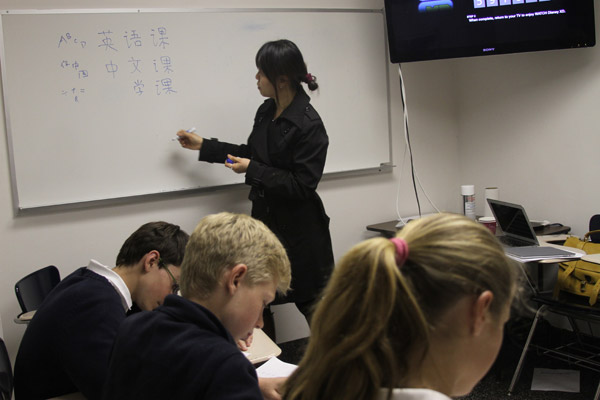 |
|
Students at the Dwight School in New York during a Chinese class. The Dwight School will be partnering with the Shanghai Qibao High School to create the Shanghai Qibao Dwight School, the first Chinese-American collaborative high school in China, set to open in fall 2014. Amy He / China Daily |
The school's capacity is estimated at 1,000 students in three grades. Tuition will be approximately 120,000 to 150,000 yuan ($19,000 to $24,000) a year, and is awaiting government approval.
The school is the product of discussions that started about two years ago when the Shanghai education commission was looking for schools in the US to collaborate with on a public high school in Shanghai. Brantley Turner, who was director of programs for Dwight School in China, suggested that the Dwight School, a New York-based college-preparatory school that offers the International Baccalaureate (IB) program, would be a good fit.
Discussions led to senior administrators from Qibao and the minister of education of the Minhang District, where Qibao is located, coming to New York to sign a letter of friendship, and by December 2012 the schools had signed a memorandum of understanding to cooperate, and it was approved by the Ministry of Education.
"I think the partnership sort of points to the overall reform of education in China," Turner told China Daily. "The very simple answer is, NYU Shanghai got approved and set up. The education commission thought they should be moving to the high school direction."
There is a large demand in China for the international curriculum that is different from the Chinese system that bases advancement on tests results, Turner said. While some international schools in China offer a more global curriculum, they generally don't accept Chinese nationals and are for students of other citizenships and backgrounds, she said.
Dwight's curriculum is based on the IB program, which was founded in the 1960s and emphasizes learning through language study, focusing on current global affairs and reading international literature. Only a little more than a dozen schools in New York offer the IB diploma.
"NYU is grafting an NYU curriculum [with the creation of NYU Shanghai], but what we're doing is collaborating and creating a Chinese-integrated curriculum with the international baccalaureate curriculum, so this is creating something totally different and new," Stephen Spahn, chancellor of the Dwight School, told China Daily.
"The government has been involved up to a point in international education for Chinese nationals, but it hasn't set down a really clear set of guidelines on what schools would need to deliver should they need to implement an international curriculum," Turner said. "So through our school and the policies that have been set up around our school, China is moving in this general direction. Shanghai is a first-mover in this space and I think NYU points to that."
Graduates of the Qibao Dwight High School will get a Dwight School diploma or a Qibao Dwight School diploma depending on which track they go on. Getting a Qibao Dwight diploma will require fulfilling both the Dwight curriculum and the Chinese school curriculum, according to Turner.
With either diploma, a Chinese student applying to US colleges would follow the same process as a US high school student, she said.
The dual curriculum is the strength of the new school, Spahn said, and different from what is being set up with US-China higher-education collaborations.
"NYU really set up an interesting model. Ours is a little different. Ours really is about the culture of the country, not about grafting onto China," he said. "NYU is grafting an NYU curriculum. What we're doing is collaborating and creating a Chinese-integrated curriculum with the international baccalaureate (IB) curriculum, so this is creating something totally different and new."

 In photos: cars dazzle at Beijing Auto Show
In photos: cars dazzle at Beijing Auto Show
 Multinational drill to be held in East China port city
Multinational drill to be held in East China port city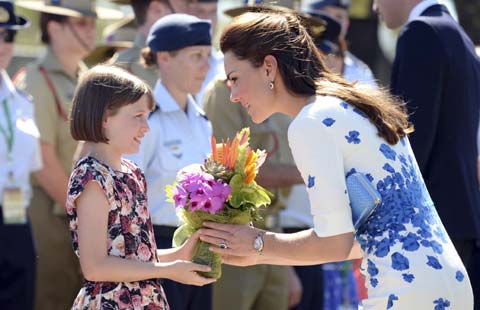
 William, Kate visit Australian air force base
William, Kate visit Australian air force base
 Top 10 Chinese Internet firms eyeing IPOs in US
Top 10 Chinese Internet firms eyeing IPOs in US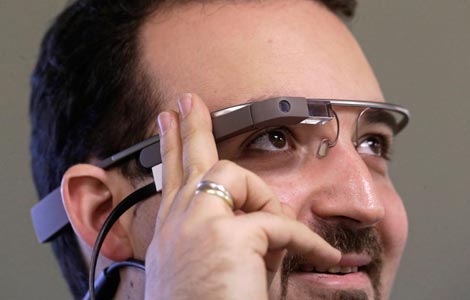
 Google glass making profits in China
Google glass making profits in China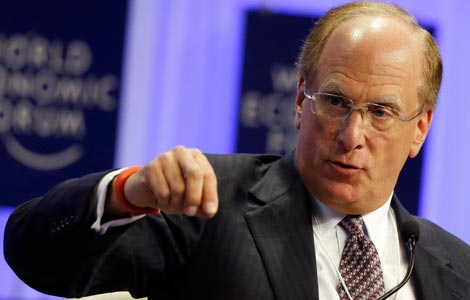
 BlackRock licensed to invest further in China using yuan
BlackRock licensed to invest further in China using yuan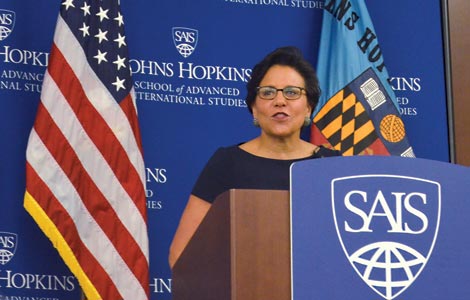
 US Commerce chief vows trade growth
US Commerce chief vows trade growth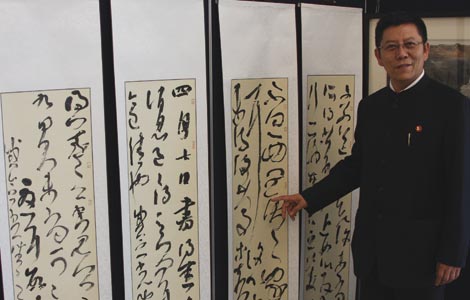
 UN hosts Chinese Language Day
UN hosts Chinese Language Day
Most Viewed
Editor's Picks

|

|

|

|

|

|
Today's Top News
Death toll of S. Korean ferry sinking rises to 33
New human H7N9 case reported
China on frontlines of cyber threat
China raises alert against cancer
Sunken ferry relatives give DNA swabs to help identify victims
Weibo, Leju go public in New York
Silicon mayors on mission to China
Hainan Air announces 1st Beijing to Boston directs
US Weekly

|

|








